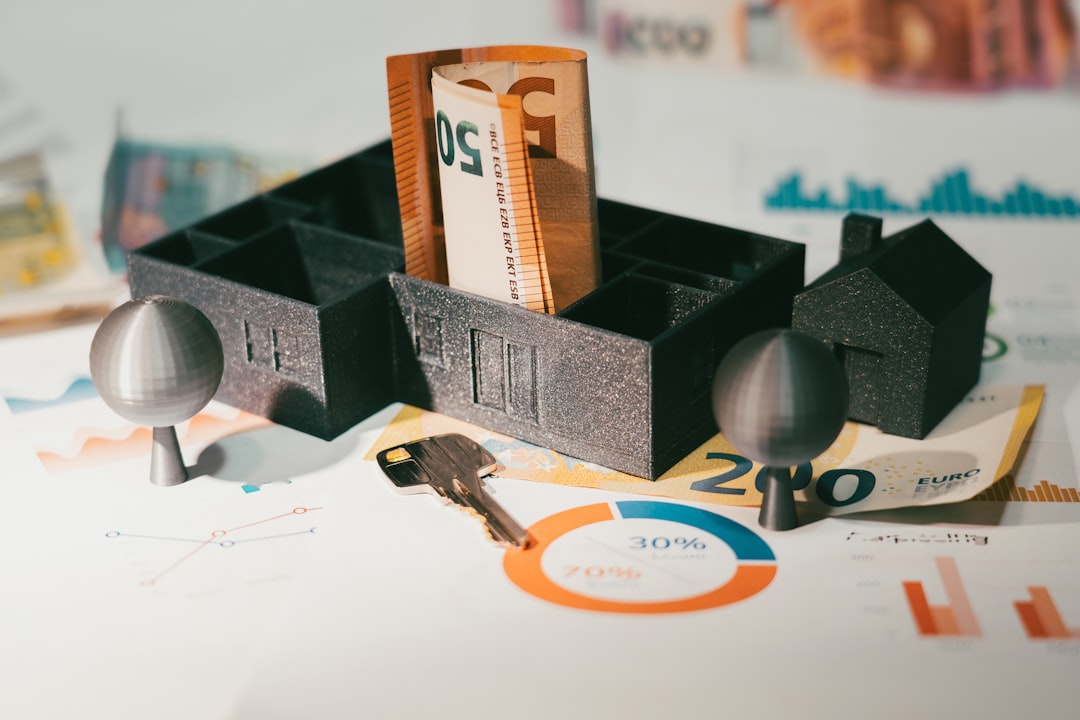Unsecured consolidation loans provide a debt management solution for homeowners with low credit scores by combining multiple high-interest debts into one loan. This simplifies repayment, reduces monthly expenses, and saves on interest. To qualify, improve credit profiles through timely payments and balance management, check credit reports for errors, research lenders, and maintain stable income. Repayment requires a strategic budget, prioritizing high-interest debts, and adopting positive credit habits to rebuild creditworthiness and access better loan terms in the future.
Struggling with high-interest debt as a homeowner with a low credit score? Discover how unsecured consolidation loans can provide a solution. This article explores bad credit debt consolidation options tailored for homeowners, offering a path to financial stability. We break down the benefits, eligibility criteria, and loan types available. Learn effective strategies for repayment and navigate the process confidently, taking control of your finances without breaking the bank.
- Understanding Unsecured Consolidation Loans for Homeowners
- Benefits of Debt Consolidation for Low Credit Scores
- How to Qualify for Bad Credit Consolidation Loans
- Exploring Loan Options and Lender Requirements
- Strategies for Repaying Unsecured Homeowner Loans
Understanding Unsecured Consolidation Loans for Homeowners
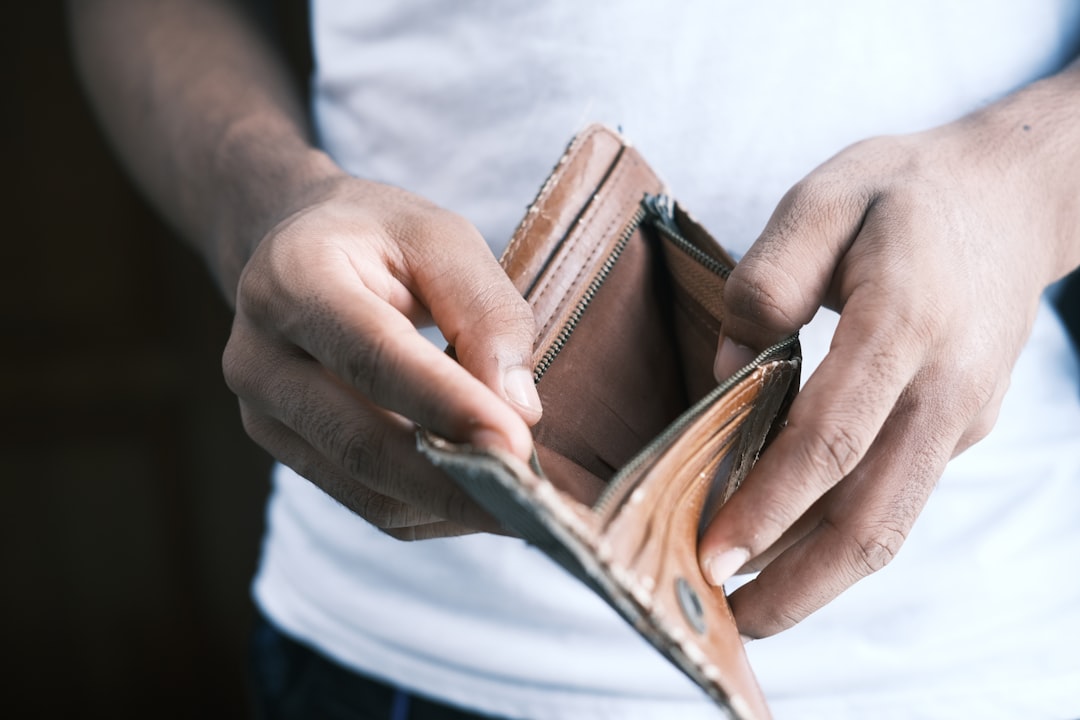
Unsecured consolidation loans are a popular option for homeowners looking to manage their debt, especially those with low credit scores. Unlike secured loans that require collateral, unsecured loans provide funding based solely on the borrower’s creditworthiness and financial history. This makes them accessible to a broader range of homeowners, even those with bad credit. The process involves consolidating multiple high-interest debts into a single loan with a potentially lower interest rate, simplifying repayment and saving money on interest charges.
These loans allow borrowers to streamline their debt payments by combining several debts into one manageable payment. This simplicity can be particularly beneficial for homeowners dealing with a multitude of credit card bills or other high-interest loans. By securing a lower interest rate through consolidation, homeowners can reduce their monthly expenses and potentially shorten the overall repayment period, offering both financial relief and long-term savings.
Benefits of Debt Consolidation for Low Credit Scores
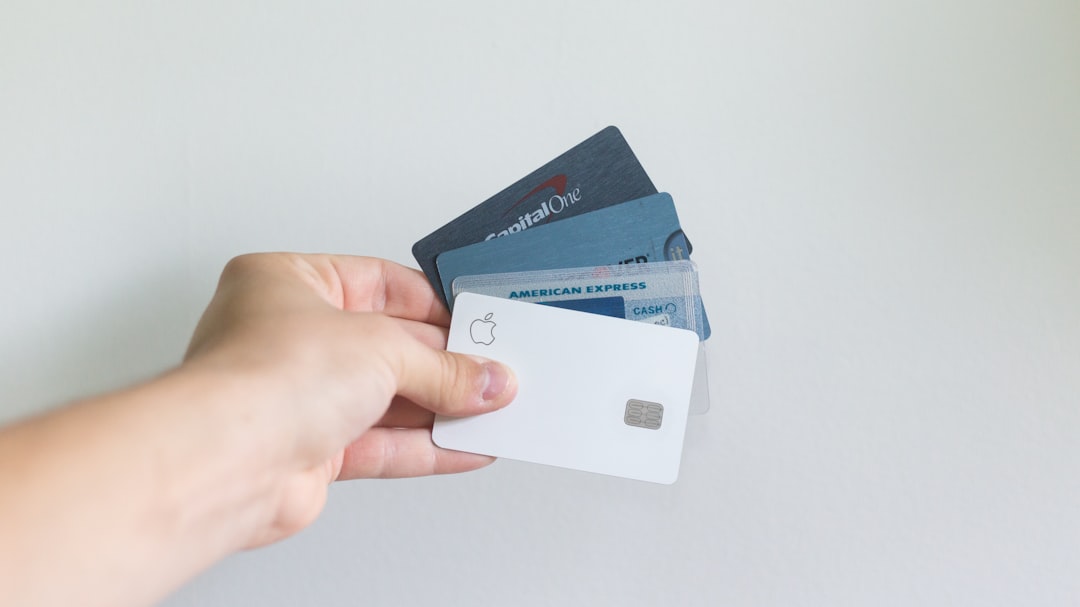
Debt consolidation offers homeowners with low credit scores a chance at financial stability and improved management of their debt obligations. By consolidating multiple debts into one single loan, individuals can simplify their repayment process, making it easier to stay on top of payments. This strategy is particularly beneficial for those burdened by high-interest rates across various creditors. Unsecured consolidation loans provide an opportunity to refinance and potentially secure a lower interest rate, reducing the overall cost of debt over time.
Additionally, consolidating debts can enhance creditworthiness by encouraging responsible financial behavior. Making consistent payments on a single loan demonstrates creditworthiness to future lenders, as it reflects an individual’s ability to manage their finances effectively. This process can serve as a stepping stone towards rebuilding one’s credit score and gaining access to better borrowing opportunities in the future.
How to Qualify for Bad Credit Consolidation Loans
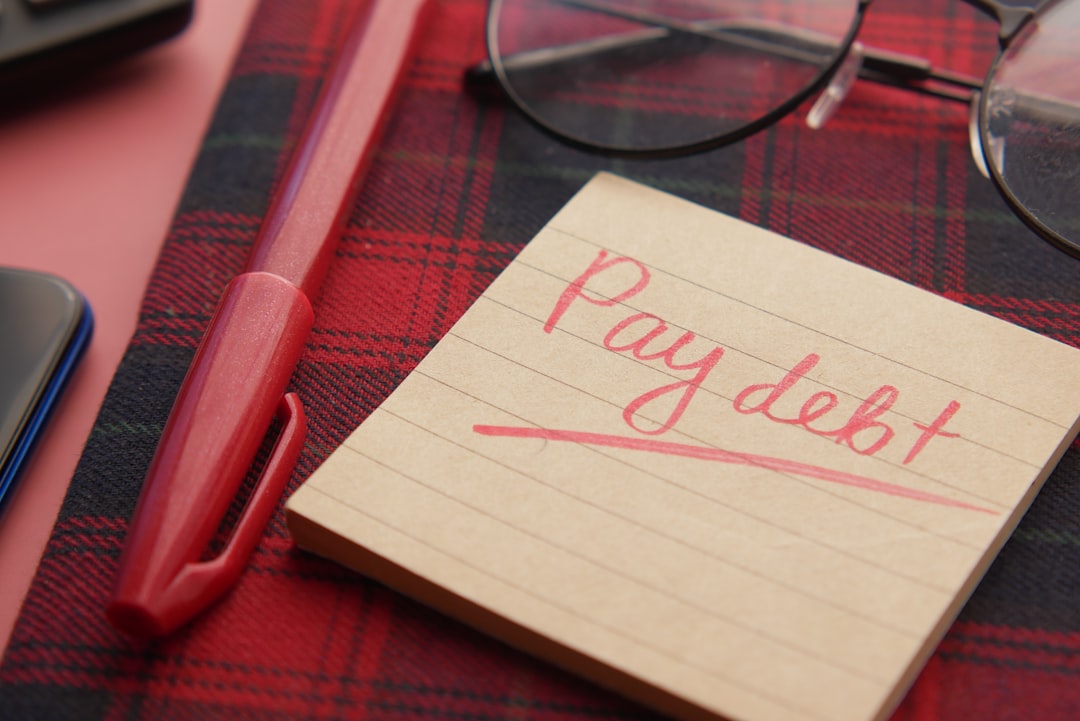
To qualify for unsecured consolidation loans despite a low credit score, homeowners should start by improving their credit profile. This can be achieved through consistent and responsible financial behavior, such as making timely payments on existing debts and keeping credit card balances low. It’s also beneficial to check one’s credit report for errors or discrepancies that could be impacting their score negatively and dispute them with the relevant credit bureaus.
Additionally, prospective borrowers should research different loan options available in the market and compare interest rates, repayment terms, and any associated fees. Lenders offering unsecured consolidation loans typically consider factors beyond just credit scores, including income stability and outstanding debt. Demonstrating these qualities can significantly enhance one’s chances of securing favorable loan terms.
Exploring Loan Options and Lender Requirements
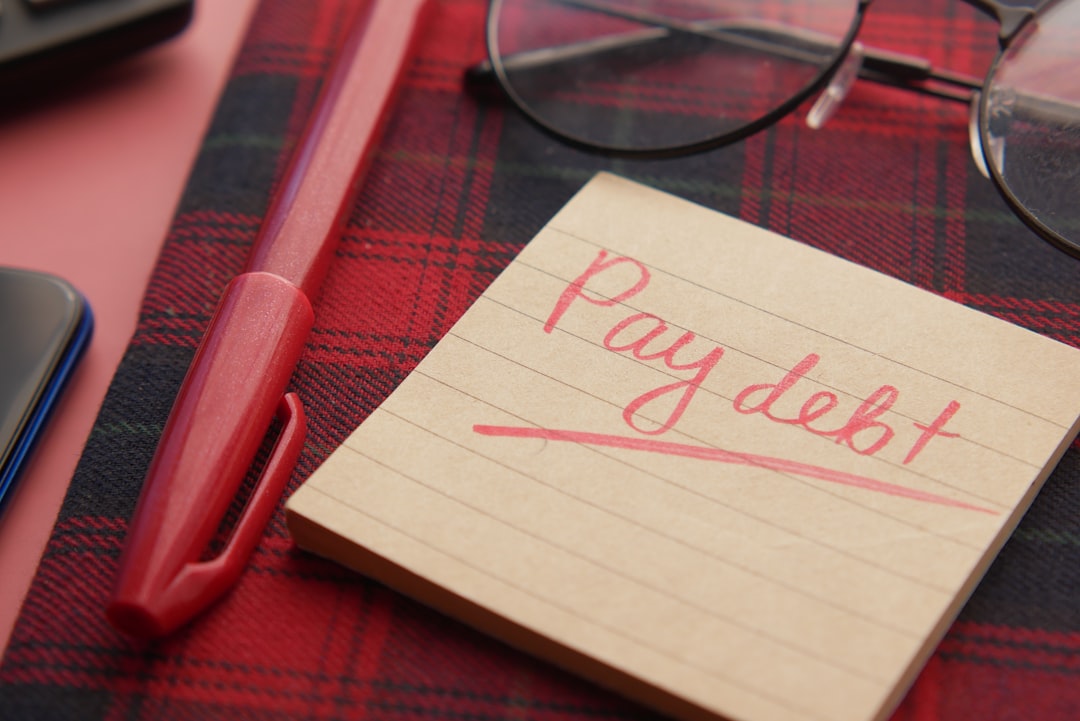
When considering bad credit debt consolidation loans for homeowners, exploring various loan options is a crucial step. Unsecured consolidation loans are one popular choice, as they don’t require collateral and can be accessible to borrowers with lower credit scores. These loans bundle multiple debts into one manageable payment, simplifying financial management.
Lenders have specific requirements for unsecured consolidation loans. Expect them to evaluate your income, current debt obligations, and credit history. While a poor credit score won’t automatically disqualify you, lenders may offer less favorable terms or higher interest rates compared to borrowers with better credit. Transparent communication with potential lenders about these parameters is essential to find the most suitable loan for your financial situation.
Strategies for Repaying Unsecured Homeowner Loans

Repaying unsecured homeowner loans requires a strategic approach, especially for those with low credit scores. One effective strategy is to create a detailed budget that allocates specific funds for loan repayment each month. This ensures consistent payments and helps avoid defaulting on the debt consolidation loan. Prioritizing high-interest debts first can also significantly reduce overall interest charges.
Additionally, homeowners should consider implementing measures to increase their credit score over time. This might include making timely loan repayments, keeping credit card balances low, and limiting new credit applications. By improving their creditworthiness, borrowers may qualify for better interest rates on future loans or even negotiate more favorable repayment terms with their current lender.
Homeowners with low credit scores can find relief from debt through unsecured consolidation loans. By consolidating debts, individuals can simplify their payments and potentially lower interest rates. Understanding the benefits and strategies outlined in this article is a crucial first step. With careful consideration and responsible repayment plans, unsecured consolidation loans can be a viable option for managing and reducing bad credit.
